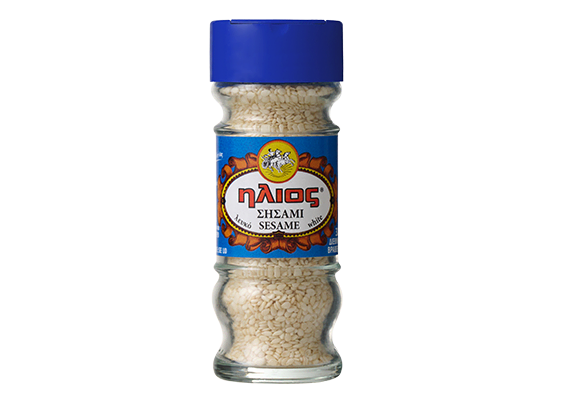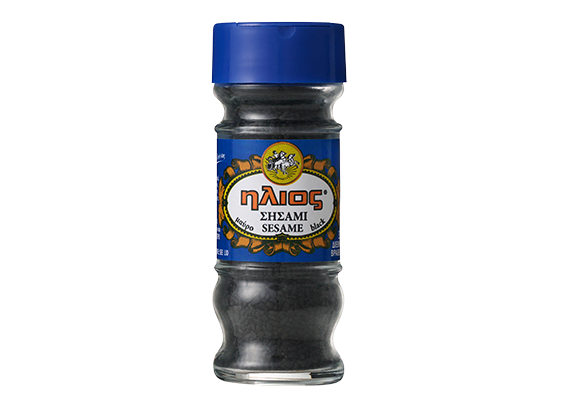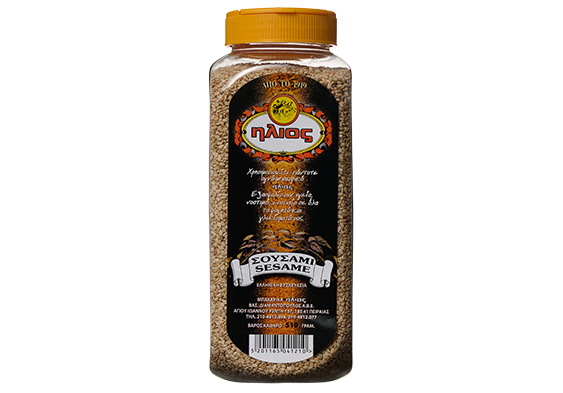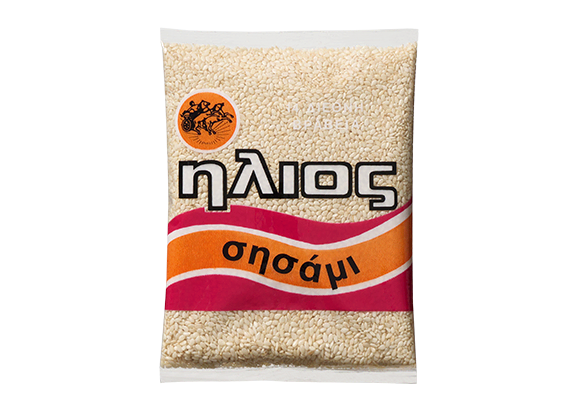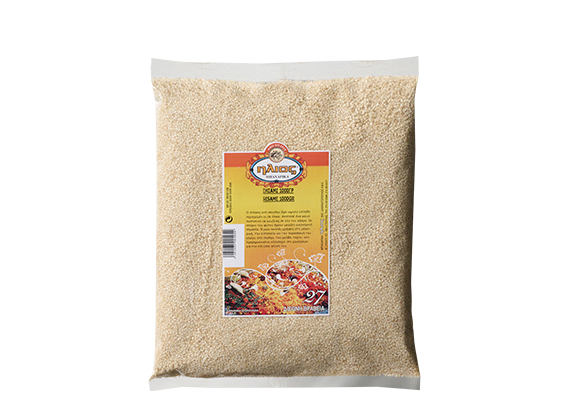Like most nuts and seeds, sesame is best stored in the refrigerator. The light toasting of sesame highlights even more its aroma and flavor. With sesame you do not need to make much effort, but, despite that, it gives you a lot when it comes to taste and nutritional level. The seeds are a valuable source of dietary proteins with high quality of amino acids that are essential for growth, especially that of children. Just 100 grams of seeds provide about 18 grams of protein (32% of the daily recommended intake). Sesame is rich in quality vitamins, like niacin, folic acid, thiamine (vitamin B1), pyridoxine (vitamin B6) and riboflavin.
The seeds are an incredibly rich source of essential minerals. Calcium, iron, manganese, zinc, magnesium, selenium, copper are highly concentrated in sesame seeds. Many of these minerals have a vital role in bone health, red blood cell production, enzyme synthesis, hormone production, as well as regulation of cardiac and skeletal muscle activities.
